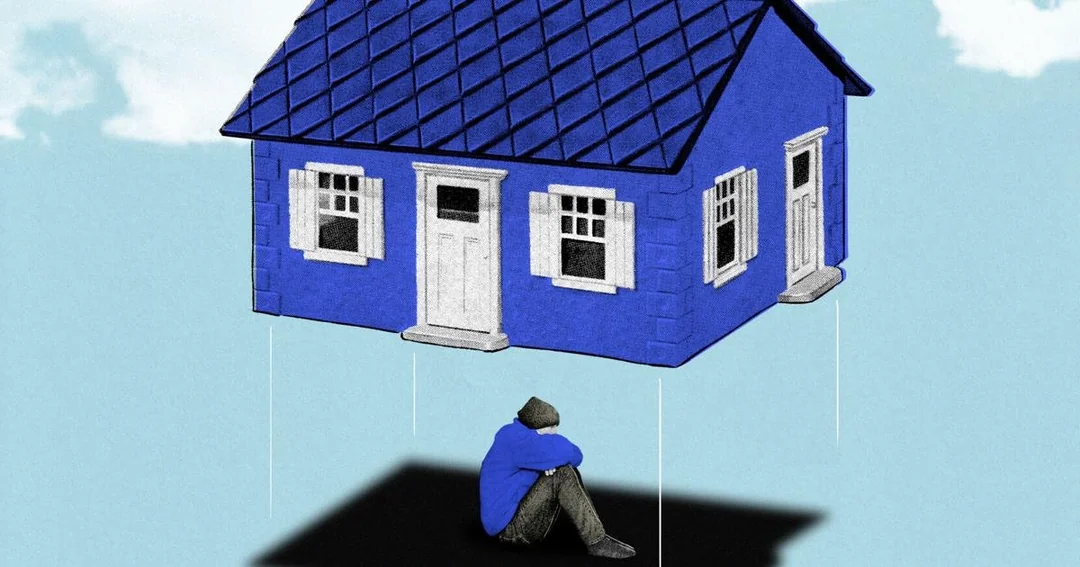The Maharashtra government has announced the establishment of 28 new shelters, offering accommodation to approximately 850 homeless individuals. This development follows the State Human Rights Commission’s (SHRC) intervention, highlighting the inadequacy in the city’s shelter network. The SHRC, led by Justices K. K. Tated and M. A. Sayeed, had earlier taken suo motu cognizance of a 2022 report that criticised Mumbai for operating only 23 of the 125 Supreme Court-mandated shelter homes. This failure prompted the Commission to direct relevant authorities, including the Brihanmumbai Municipal Corporation (BMC), to rectify the situation.
Faced with scrutiny, the Maharashtra Chief Secretary detailed corrective measures in an affidavit, revealing the addition of 28 new shelters and ongoing plans for more facilities. Organisations like MHADA and the Mumbai Port Trust have offered land and properties to support these efforts. However, the SHRC’s criticism of the BMC’s earlier “casual and repetitive” submissions underlined the need for accountability. The newly created shelters mark a significant step forward in addressing Mumbai’s urban housing crisis, but the figures reveal the enormity of the challenge. A city like Mumbai, with an estimated 57,000 homeless individuals, requires far greater infrastructure to ensure safety, dignity, and shelter for its residents.
The Rajyastariya Nivara Saniyantran Committee, headed by retired IAS officer Ujjwal Uke, is tasked with supervising this initiative. It aims to streamline the transfer of unused land and ensure timely action through coordinated efforts between municipal councils and stakeholders. While the creation of these shelters is a welcome step, the road ahead demands sustained commitment. The Maharashtra government must focus on scaling up infrastructure, ensuring the quality of facilities, and addressing the systemic issues that perpetuate homelessness in Mumbai’s urban landscape.


